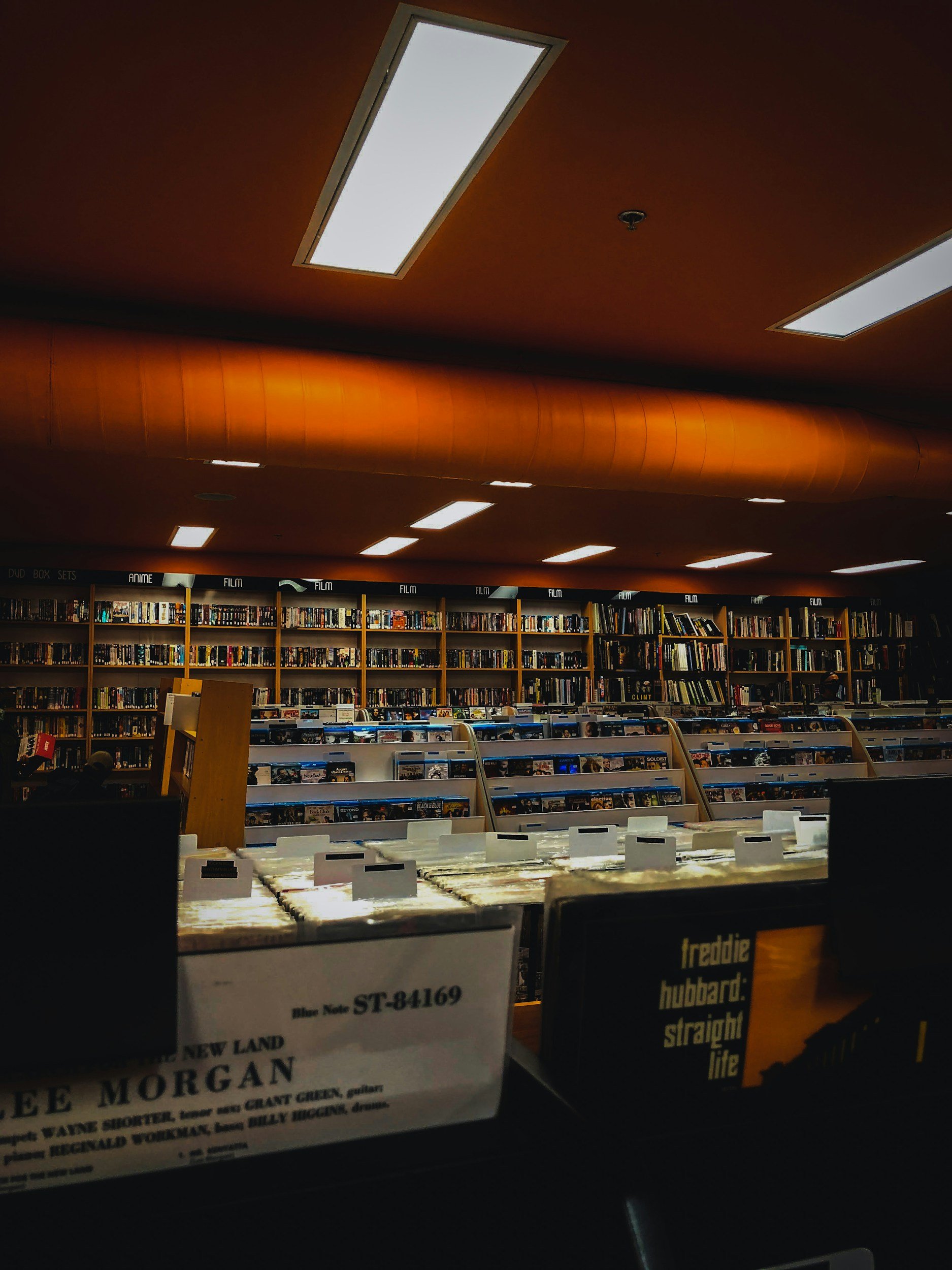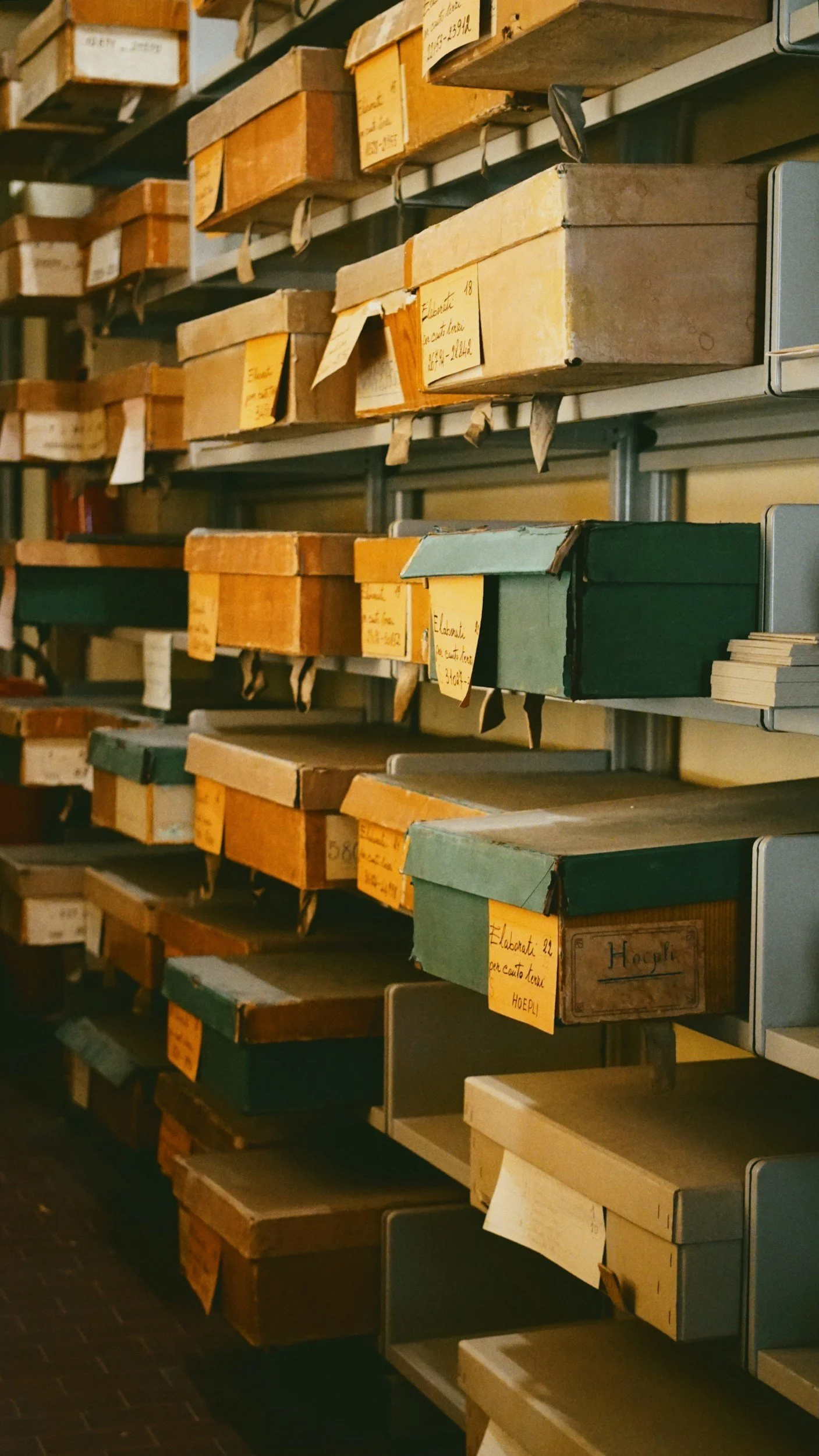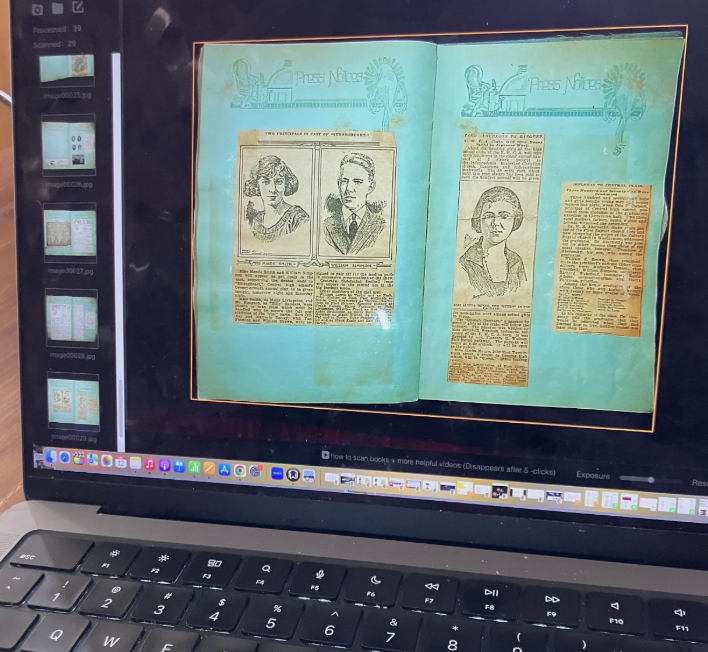archival projects & design
Piocent’s archival projects combine classical practices of preservation and description with technical innovation in digital organisation and interactive presentation. By uniting established methods with new tools, we help institutions transform collections into accessible and engaging resources for research, teaching, and public history.
Rather than a list of distinct projects, our portfolio contains a series of ongoing work that manifests in professional services and commissioned projects, publication, policy, exhibition, and prototype.
Investigating the relationship between classical archival management and computer vision research
Our first project involved helping a partner organisation preserve and present its rich legacy. The work focused on organising and managing archival materials, while developing a cohesive historical narrative through documents, artifacts, photographs, and oral histories. This foundational project shaped Piocent’s approach to combining archival practice with narrative design. Building on this experience, Piocent is now developing new collaborations with Dutch universities and cultural institutions to apply these methods in academic and public history settings.
Building on this foundation, Piocent Labs is now based in the Netherlands, where our focus is on developing partnerships with universities, archives, and cultural institutions. Our current work emphasises the creation of immersive history labs, the integration of archival tools into teaching and research, and the design of VR and interactive experiences that connect students and the public more directly with the past.
Less than 5% of a typical archive collection is ever on display. We specialise in caring for the other 95%, ensuring that all items are effectively organised, preserved, and accessible.
Archival services
Collections Storage and Handling: We review and recommend improvements for the storage and handling of archival materials to ensure their long-term preservation and accessibility.
Acquisition and Deaccessioning: Evaluate policies and procedures for acquiring and removing items from the collection.
Arrangement and Description: Evaluate the organisation and description practices of archival materials to enhance accessibility and usability for researchers and the public.
Policies and Procedures: Analyse and suggest improvements for policies related to collection development, access, preservation, and security, ensuring alignment with industry best practices.
Staff & Volunteer Training and Resources: Identify training needs and resources required for effective archival management.
Digital Records and Digitisation: Assess methods for storing, preserving, and accessing digital materials to maintain their long-term accessibility and preservation.





